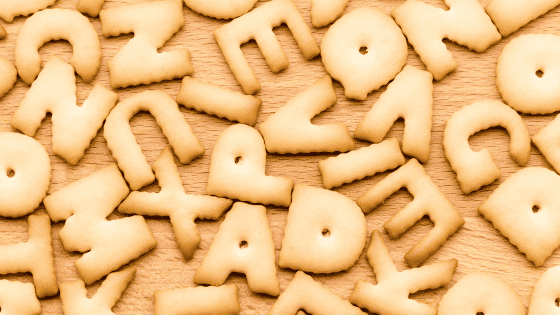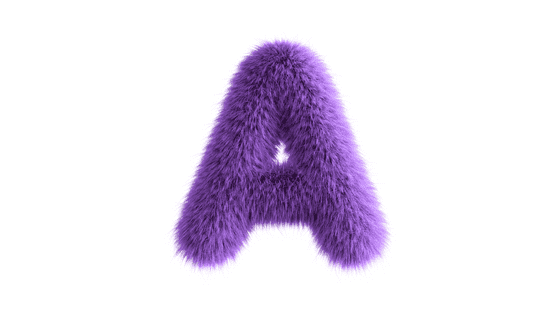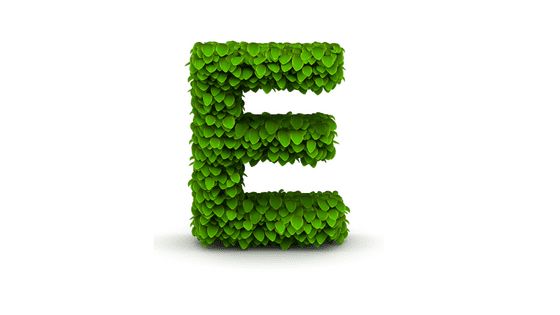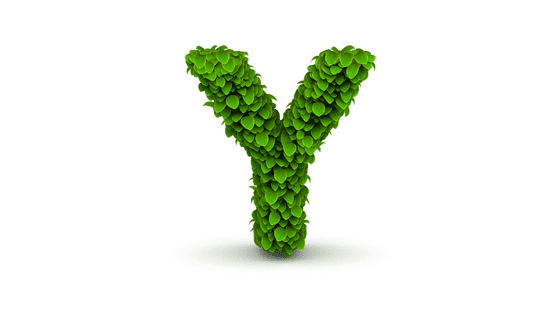Describing Words – Adjectives To Describe Anything
What Are Describing Words?
Describing words, commonly known as adjectives, are words that are used to describe or modify a noun or pronoun.
They provide more information about the thing you’re talking about, such as its size, color, shape, quantity, age, temperature, feeling, distance, and many other qualities.
For example, in the phrase “a tall tree,” the word “tall” is a describing word that tells us more about the tree.
Here are some more examples of describing words:
- Color: blue, yellow, dark, bright.
- Size: big, small, tall, short.
- Quality: soft, hard, rough, smooth.
- Temperature: hot, cold, warm, cool.
- Age: old, young, ancient, new.
- Shape: round, square, flat, thick.
- Feeling or emotion: happy, sad, angry, cheerful.
- Quantity: many, few, some, several.
Ultimately, the primary function of adjectives, or describing words, is to give more information about a noun or pronoun, making your sentences more detailed and vivid.
Types of Adjectives
There are many six main types of adjectives (all still words that ‘describe’), with different uses for each:
- Descriptive Adjectives:
- Definition: These are the most common adjectives and are used to describe specific qualities or characteristics of nouns.
- Examples:
- Colors: red, yellow, azure.
- Sizes: tiny, massive, slender.
- Shapes: round, square, oblong.
- Textures: smooth, rough, silky.
- Feelings: happy, gloomy, elated.
- Quantitative Adjectives:
- Definition: They indicate quantity or amount, and can be specific or vague.
- Examples:
- Vague: some, many, few, several.
- Specific: one, two, three, first, second.
- Demonstrative Adjectives:
- Definition: These adjectives point to specific nouns. They can be near in distance, or time (this, these) or far (that, those).
- Examples:
- I like this shirt better than that one.
- These apples are ripe, but those are not.
- Possessive Adjectives:
- Definition: Indicate ownership or possession. They always come before the noun.
- Examples:
- This is my book.
- I’ve lost her umbrella.
- Their house is at the end of the street.
- Interrogative Adjectives:
- Definition: These are used with nouns to ask questions.
- Examples:
- Which shirt do you like?
- Whose bag is this?
- What time do we leave?
- Comparative and Superlative Adjectives:
- Definition: Used to compare two or more nouns. Comparative adjectives compare two things, while superlative adjectives show the highest degree of something among three or more things.
- Examples:
- Comparative: She is taller than her sister. (Comparing two people)
- Superlative: She is the tallest of all her friends. (Comparing one person against a group)
Examples Of Describing Words For People:
- How To Describe A Good Person In One Word
- Words To Describe A Good Boss
- Words To Describe A Group Of Friends
- Kind Words To Describe Someone
- Negative Words to Describe Someone
- Funny Words To Describe Someone
- Positive Words to Describe Someone
- Words To Describe Someone You Love
- How To Describe A Person
- Words To Describe A Positive Person
- List of Personality Traits
Examples of Describing Words For Things:
- Words To Describe The Ocean
- Words To Describe Nature
- Words To Describe Thoughts
- Words To Describe A Marriage
- Words To Describe Peace
- Words To Describe Art
- Words To Describe Dance
Adjectives enrich our language by providing depth, clarity, and nuance.
They allow for more expressive, precise, and colorful communication. Without adjectives, our speech and writing would be bland, vague, and less informative. It would probably take us a lot longer to explain what and why we are communicating too 🙂





